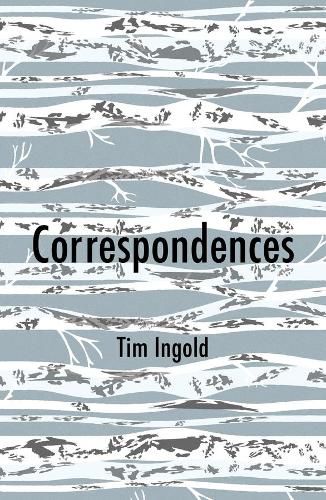Readings Newsletter
Become a Readings Member to make your shopping experience even easier.
Sign in or sign up for free!
You’re not far away from qualifying for FREE standard shipping within Australia
You’ve qualified for FREE standard shipping within Australia
The cart is loading…






We inhabit a world of more than humans. For life to flourish, we must listen to the calls this world makes on us, and respond with care, sensitivity and judgement. That is what it means to correspond, to join our lives with those of the beings, matters and elements with whom, and with which, we dwell upon the earth.
In this book, anthropologist Tim Ingold corresponds with landscapes and forests, oceans and skies, monuments and artworks. To each he brings the same spontaneity of thought and observation, the same intimacy and lightness of touch, but also the same affection, longing and care that, in the days when we used to write letters by hand, we would bring to our correspondences with one another.
The result is a profound yet accessible inquiry into ways of attending to the world around us, into the relation between art and life, and into the craft of writing itself. At a time of environmental crisis, when words so often seem to fail us, Ingold points to how the practice of correspondence can help restore our kinship with a stricken earth.
$9.00 standard shipping within Australia
FREE standard shipping within Australia for orders over $100.00
Express & International shipping calculated at checkout
We inhabit a world of more than humans. For life to flourish, we must listen to the calls this world makes on us, and respond with care, sensitivity and judgement. That is what it means to correspond, to join our lives with those of the beings, matters and elements with whom, and with which, we dwell upon the earth.
In this book, anthropologist Tim Ingold corresponds with landscapes and forests, oceans and skies, monuments and artworks. To each he brings the same spontaneity of thought and observation, the same intimacy and lightness of touch, but also the same affection, longing and care that, in the days when we used to write letters by hand, we would bring to our correspondences with one another.
The result is a profound yet accessible inquiry into ways of attending to the world around us, into the relation between art and life, and into the craft of writing itself. At a time of environmental crisis, when words so often seem to fail us, Ingold points to how the practice of correspondence can help restore our kinship with a stricken earth.